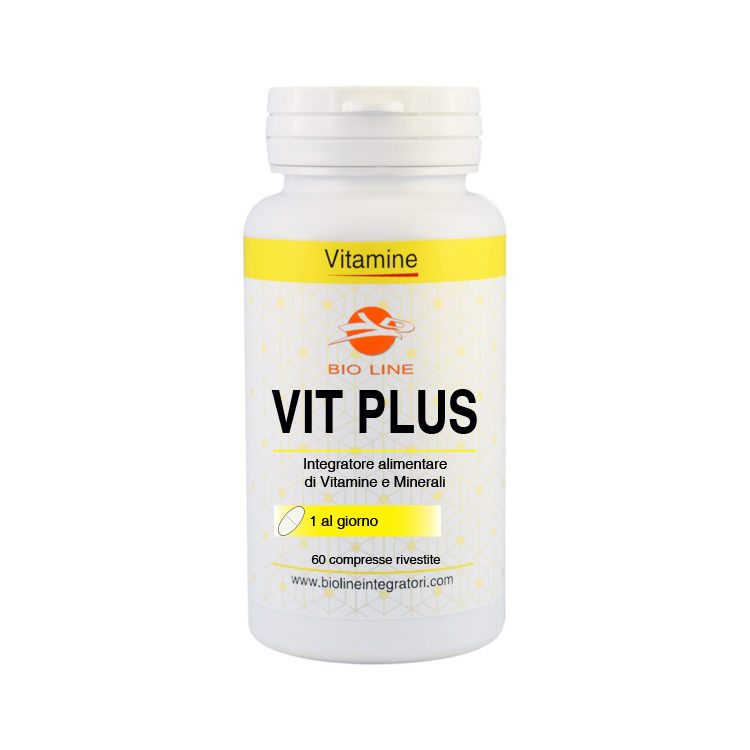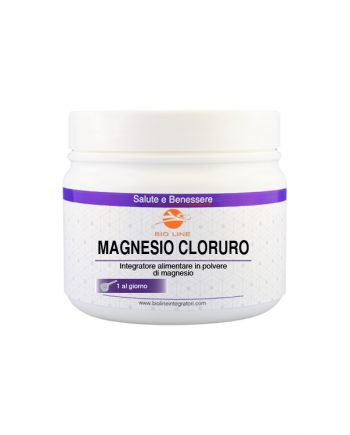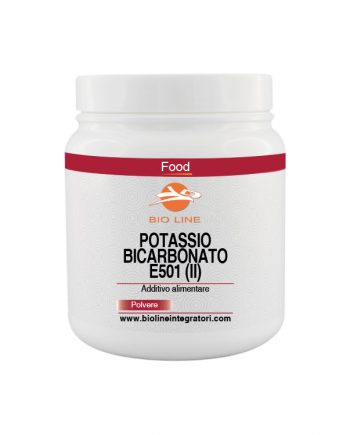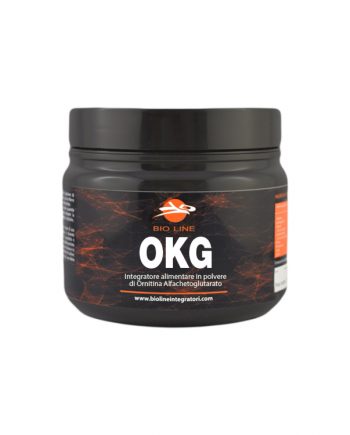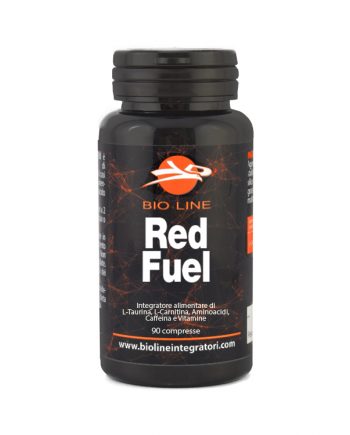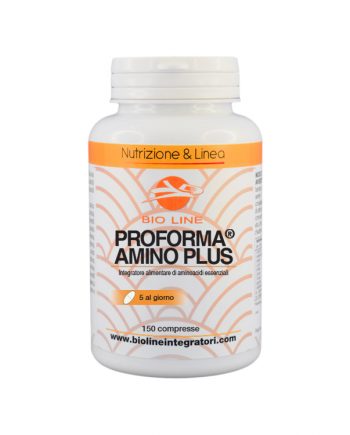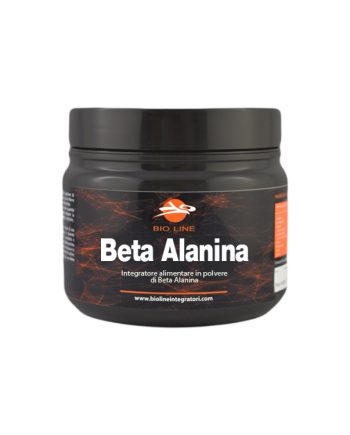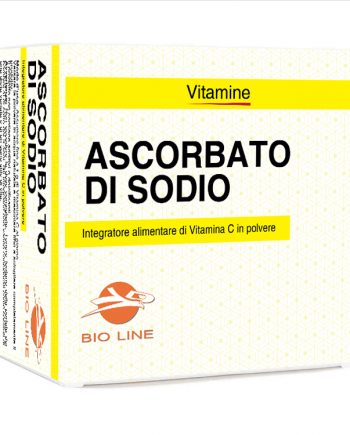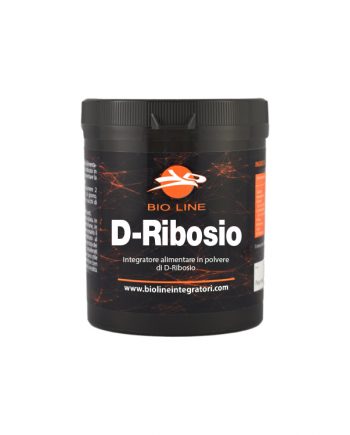Properties of components
- Pantothenic acid: contributes to energy metabolism, synthesis and metabolism of steroid hormones, vitamin D and some neurotransmitters.
– Beta-carotene (Vitamin A): contributes to iron metabolism, and to the maintenance of normal vision.
– Biotin: contributes to energy metabolism, to the functioning of the nervous system and to the metabolism of macronutrients.
– Football: contributes to energy metabolism, muscle function, maintenance of bones and teeth.
– Chrome: useful for maintaining normal glucose levels and macronutrient metabolism.
– Iron: contributes to the formation of hemoglobin and to the activity of the immune system
– Folate: contributes to the synthesis of amino acids, the production of red blood cells, the metabolism of homocysteine.
– Iodine: contributes to the production and function of thyroid hormones. Cognitive function.
– Manganese: contributes to the formation of connective tissues and to the protection of cells from oxidative stress.
– Molybdenum: contributes to the normal metabolism of sulfur amino acids.
– Niacin (nicotinamide and nicotinic acid): contributes to the reduction of tiredness and fatigue and to the maintenance of normal skin.
– Paba: no note from the Ministry of Health.
– Copper: contributes to the protection of cells from oxidative stress, contributes to the functioning of the immune system and the nervous system.
– Selenium: contributes to the function of the immune system and thyroid.
– Vitamin B1: contributes to the functioning of the nervous system and heart function
– Vitamin B2: contributes to normal energy metabolism, to the reduction of tiredness and fatigue.
– Vitamin B6: contributes to normal energy metabolism, to the reduction of tiredness and fatigue, to the functioning of the nervous system and the immune system.
– Vitamin B12: contributes to the formation of red blood cells, to the reduction of tiredness and fatigue.
– C vitamin: contributes to the function of the immune system during and after intense physical exertion, to the formation of collagen for the function of blood vessels and to the protection of cells from oxidative stress.
– Vitamin D: contributes to the absorption of calcium and phosphorus and to the maintenance of bones and teeth.
– Vitamin E: contributes to the protection of cells from oxidative stress.
– Vitamin K: contributes to blood clotting and the maintenance of normal bones.
– Zinc: contributes to the metabolism of fatty acids, Vitamin A and to normal acid-base and carbohydrate metabolism.

